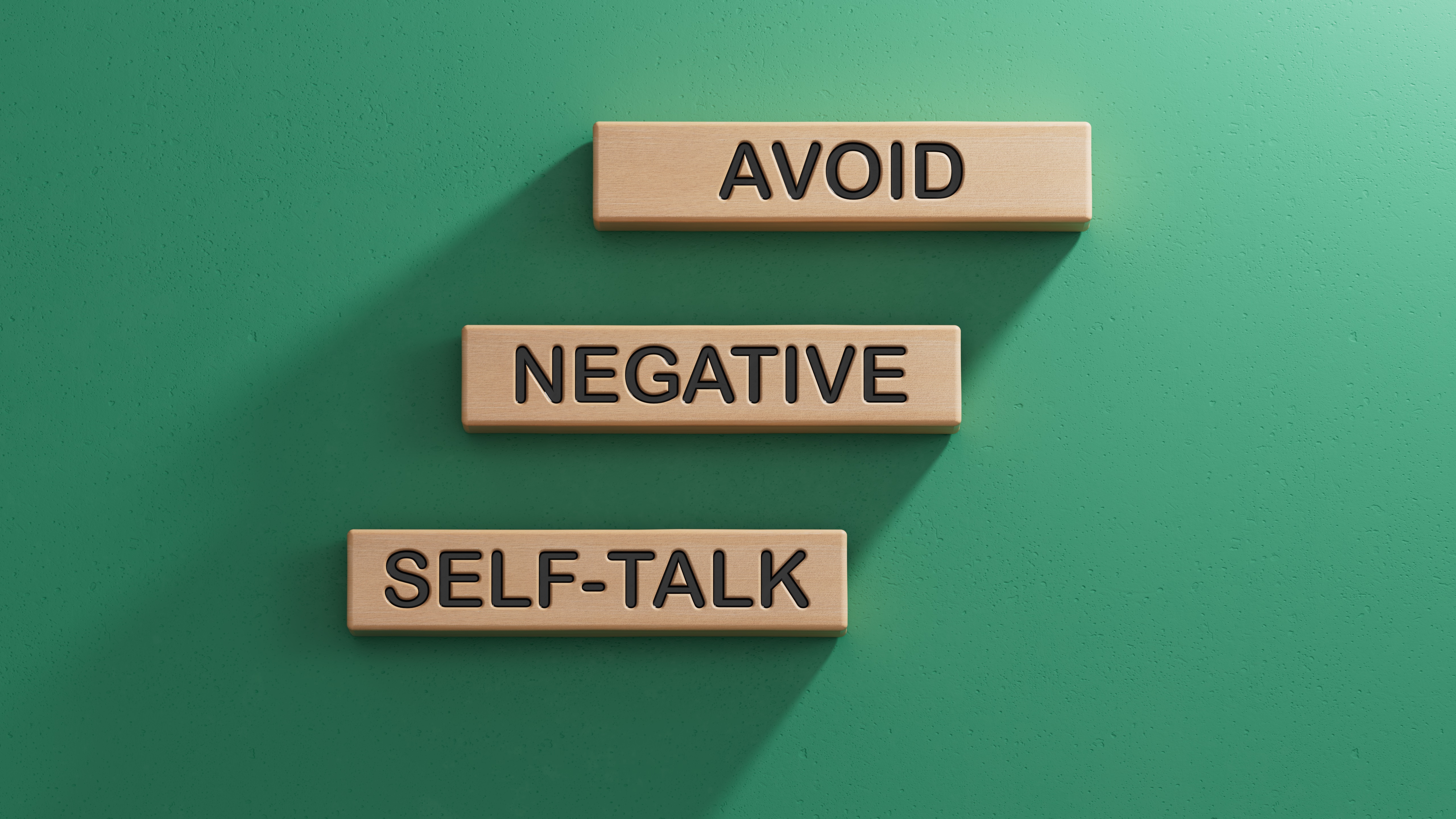We all have an inner critic — that nagging voice inside that whispers: “You’re not good enough… smart enough… strong enough.” For many women, this negative self-talk becomes a daily barrier, quietly eroding their self-esteem, confidence, and even career growth.
The good news? That voice is not who you are. It’s a learned pattern, and with awareness, compassion, and the right strategies, you can retrain it.
This article explores:
- What the inner critic really is
- How negative self-talk shows up
- Proven strategies to quiet it
- How coaching and support can help you replace self-doubt with confidence

Understanding the Inner Critic
The inner critic is a voice rooted in early experiences, meant to protect us, but often distorted over time. Instead of keeping us safe, it becomes a barrier that fuels:
- Self-doubt
- Fear of failure
- Comparison to others
- Avoidance of opportunities
👉 According to the American Psychological Association, unchecked self-critical thoughts can lead to anxiety, depression, and burnout.
Identifying Negative Self-Talk Patterns
Recognizing your inner critic is the first step. Here are five common patterns of negative self-talk:
- All-or-Nothing Thinking → “If I’m not perfect, I’m a failure.”
- Overgeneralization → “I failed once, so I’ll fail every time.”
- Personalization → “Their bad mood must be my fault.”
- Catastrophizing → “If I don’t get promoted, I’ll never succeed.”
- Mind-Reading → “They didn’t smile at me… they must not like me.”
👉 For more on workplace confidence, see our Leadership Coaching programs.

How to Overcome the Inner Critic
1. Practice Awareness
Name the critic when it shows up. Awareness reduces its power.
👉 Related: Confidence Coaching Programs.
2. Challenge the Voice
Ask: “Is this really true?” Replace distorted thoughts with realistic, supportive ones.
👉 Related: Psychology Today – How to Train Your Inner Critic
3. Celebrate Small Wins
Keep a success journal to document achievements, compliments, and growth milestones.
👉 Related: Quiet the Critic, Amplify Your Strength Workshops
4. Seek Support
Talking to a coach, mentor, or peer can provide a valuable perspective and encouragement.
👉 Book through AWL Partners JaneApp
5. Practice Self-Compassion
Be as kind to yourself as you are to a friend. Research indicates that self-compassion can reduce anxiety and foster resilience (Kristin Neff, PhD).
According to Psychology Today, self-compassion is a cornerstone of resilience, making it easier to try again after setbacks.
👉 Learn how AWL Partners empowers women leaders through All Women L.E.A.D..
Why This Matters for Women Leaders
Negative self-talk isn’t just personal — it impacts leadership and organizational culture. The Harvard Business Review notes that while mild self-doubt can increase humility, unchecked self-criticism undermines confidence and decision-making.
When women silence their inner critic, they:
- Speak up in meetings
- Take on new challenges
- Model resilience for their teams
- Drive stronger engagement and innovation
Related reading: How to overcome impostor phenomenon
👉 For more insights on this, read our blog on Are You Struggling With Feelings of Self-Doubt and Inadequacy?

Embracing Your Journey Toward Positive Self-Talk
Overcoming the inner critic is not an overnight fix; it’s a journey. Every time you challenge self-doubt, you strengthen confidence. Every compassionate thought you practice builds resilience.
By choosing to engage in this process, you’re already showing courage. You’re not defined by the critic’s voice — you’re defined by the steps you take to quiet it.
At AWL Partners, we support individuals and organizations in turning self-doubt into confidence through coaching, workshops, and leadership programs.
👉 Ready to start your journey? Contact us today
